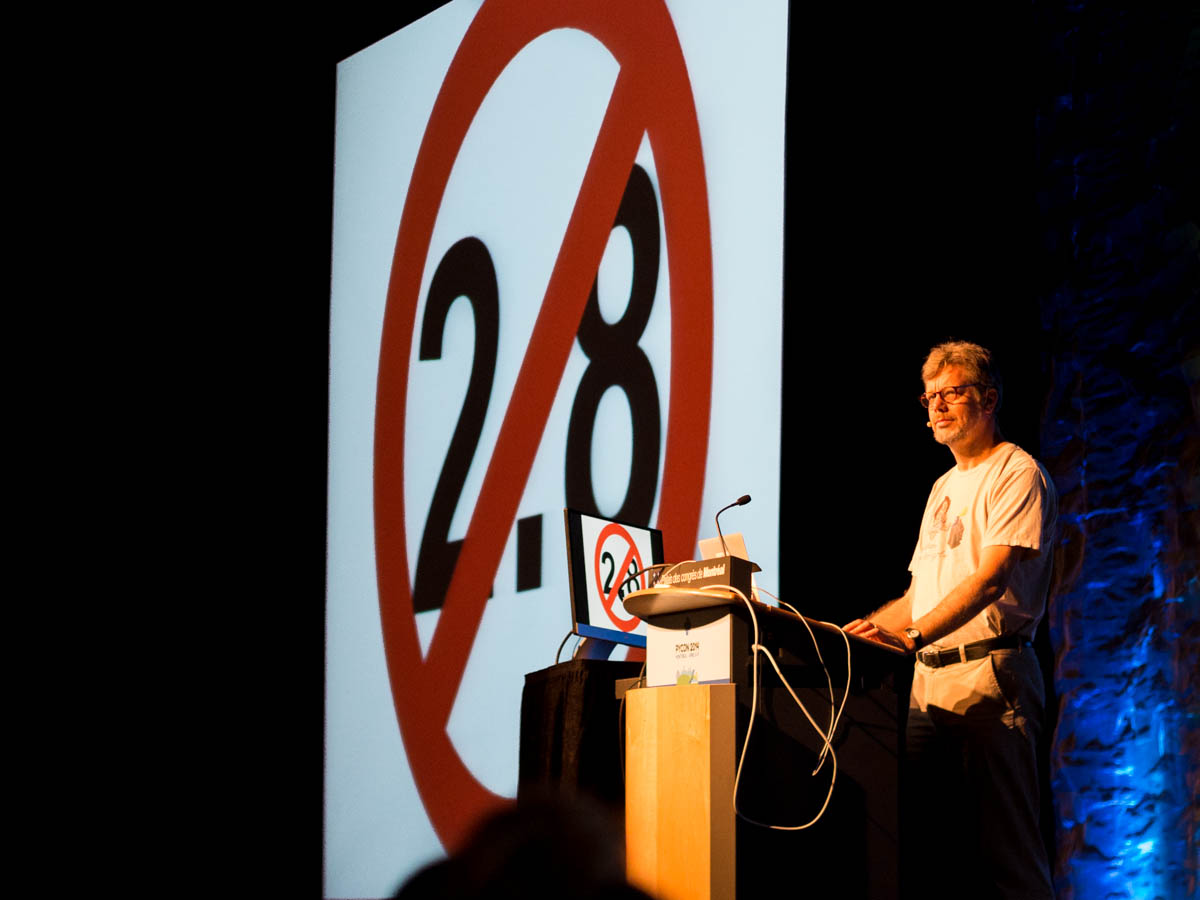

Not the person you’re asking, but I’d say yes. Don’t bother charging for bits, except for something like the bandcamp model, i.e. “yes, i could pirate this but i want to support the creator and it’s really easy to do so”.
We have better funding models now that we’ve solved the problem of copying at zero cost. Patreon is a good and popular one, as well as kickstarters. You can’t pirate something that doesn’t get made, which is the perfect solution. Other art like music also makes money off of things like live performances that can’t be digitized.
Note that the one aspect of copyright that I like is attribution requirements. I think it’s perfectly fine to hand out information to anyone, as long as you say “here’s this cool thing, this is who created it, and this is how you can give them money”.





I respect that you work in the arts. However, I think too many people worried about copyright think that things would look similar to the way they are today, but the situation would be radically different without copyright. For example, Disney wouldn’t exist. You wouldn’t have large corporations taking and not giving back, because those large corporations wouldn’t exist like they do now in the first place.